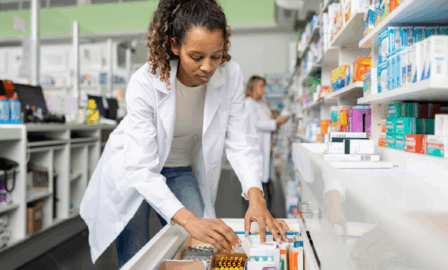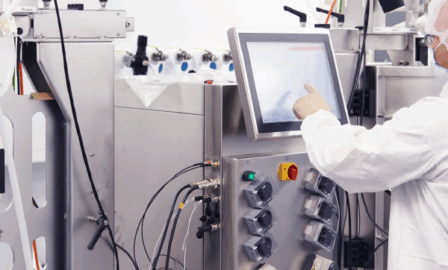Corporate Responsibility in the Face of a Crisis
The COVID-19 global pandemic is a situation that our generation will look back upon as a significant time in history and one that impacted every person’s way of life. Social distancing, businesses closing, and an almost complete halt of economic activity is creating a tremendous amount of uncertainty. One interesting trend emerging is the rise of action from companies to demonstrate their corporate responsibility and help combat the pandemic. Amidst the stream of tragic news, there are also glimmers of news stories every day of companies that are mobilizing resources to help the community—the world—get back on its feet. It is not only inspiring to see such an amazing response, but it will also significantly impact how the private sector is re-shaped once the crisis has subsided. The companies that responded to the call-to-action will likely fare much better in the long haul due to increased goodwill and stakeholder loyalty.
“Bad companies are destroyed by crises; good companies survive them; great companies are improved by them.” – Andy Grove, former CEO, Intel
Some of the companies making a commitment to help are re-tooling their unused factory space to make essential products to fight the pandemic. The first to act was LVMH, parent company of Christian Dior, which responded to the French government’s call for medical supplies by transitioning its perfume factories within 72 hours to manufacture hand sanitizer. Fast followers such as L’Oréal and Inditex (parent company of Zara) took similar actions by using their factories to produce hand sanitizer and medical garments, respectively. Not only are these companies protecting their revenues by adapting to manufacture critical supplies, but they are also generating good-will for their brands from both customers and governments. By stepping up to help their communities, these companies are bolstering their strength and resilience in the long term.
COVID-19 has forced companies to close stores in order to reduce risk of employees contracting or spreading the disease. However, companies have responded to (self-imposed or government-mandated) closures in different ways. Some which traditionally rely on hourly-wage employees have committed to paying their employees during the time off—a move that is extremely honorable and will undoubtedly foster great employee loyalty after the crisis is over. These companies will likely see greater productivity and lower turnover, as employees will appreciate the support that their employers provided them during difficult times. Some examples are Darden Restaurants, Skechers, REI, and Gap.
Another way companies have been demonstrating corporate responsibility in the fight against COVID-19 has been in their support to their customers. Lush, a skin care manufacturer and retailer, has offered free hand-washing stations in its stores. Figs, a direct-to-consumer company that sells medical scrubs, is providing 30,000 scrubs to hospitals to help keep our front lines—nurses and doctors—comfortable and clean. And Zoom, the virtual conferencing platform, is providing free accounts for K-12 students to support their education as schools across the country close for the remainder of the semester. These companies are showing their support to existing (and new!) customers. In doing so, they are providing crucial help to so many people, while simultaneously boosting their brand recognition and customer loyalty. How many hospitals will remember Figs and continue to purchase scrubs from them after the pandemic subsides? How many schools and teachers will utilize Zoom in their classrooms for years to come? The power of doing good is that it comes back around.
We are witnessing only the beginning of the economic effects which will follow this COVID-19 pandemic. Many economists predict that a recession, if not a depression, may soon follow. Undoubtedly, companies are facing extreme challenges in the short and long term. But those that step up now to help their communities, employees, and customers in whatever ways they can will more likely be able to weather the storm and emerge stronger still. A valuable lesson for businesses which must make decisions on how to handle coronavirus impacts: it always pays to do the right thing.
To learn more about how others in your industry are responding to COVID-19, contact us to join Clarkston Consulting’s Executive Exchange. We have a weekly open forum for executives to connect and share best practices, answer pressing questions, and discuss corporate responsibility.



